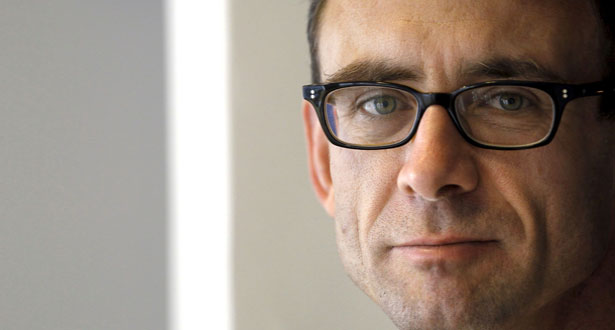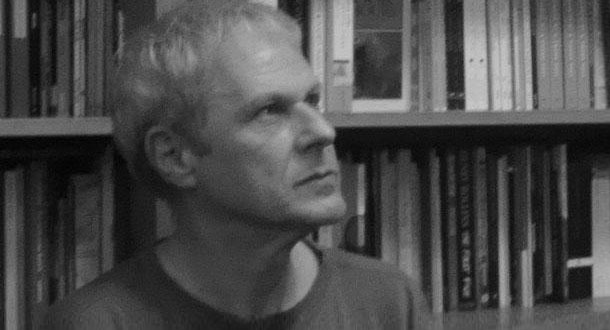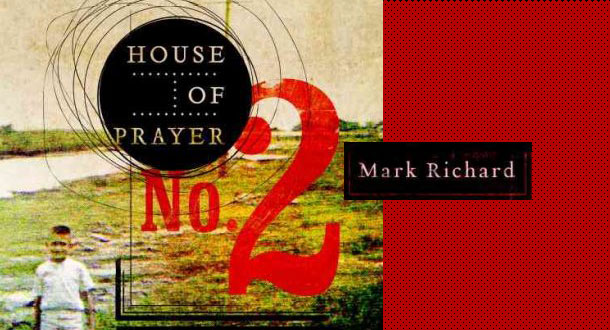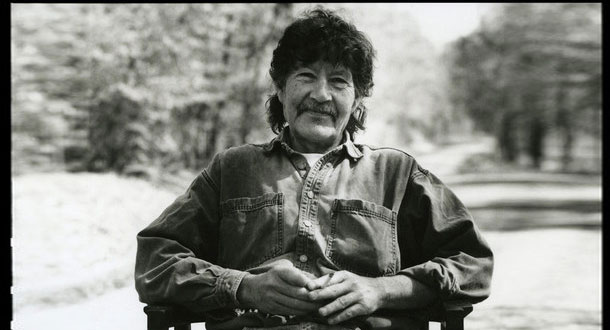Image via Columbia County News-Times
I hate comparing novels to other forms of media. You know, movies, television, plays. Whatever. But sometimes when you read a novel, you can’t help but be reminded of that beloved “other” media. With Brian Panowich’s extraordinary debut novel, Bull Mountain, I’m going to pull the Justified card out of my hat. Because if you loved Justified, you’re going to go absolutely bug shit over Bull Mountain.
With Bull Mountain, Panowich has crafted a densely poetic family saga that easily rivals such rural novels as Fourth Of July Creek by Smith Henderson, Where All Light Tends To Go by David Joy, and Once Upon A River by Bonnie Jo Campbell. It’s a beautifully paced and expertly drawn novel, and easily one of the best debuts of 2015.
What was the first story you ever wrote, and what happened to it?
The first story I ever “finished” was called "Theo and Fat Terry," a short piece about a couple of rednecks from East Georgia who drive across the state blowing up Title Pawn shops. I self published it on Smashwords and Amazon as an experiment to see if I could do it myself. I’ve since taken it down due to my lack of copy edit skills, but it still exists in Audio format because I’m still proud of the story itself, and the guy that I paid to narrate it did such a great job.
When you sold your first piece of writing, how did you celebrate?
With the worst brain-freeze of my life. I took the kids out for the biggest, fattest, milkshakes I could find, which is something I don’t really let them indulge in. And to this day, even after selling Bull Mountain to Putnam, it’s still our tradition. They love it when Dad makes a sale.
Tell us about your process: Pen, paper, word processor, human blood when the moon is full... how do you write?
I outline by hand on whatever notebook I happen to have lying around at the time when the idea strikes, but when it comes time to get to it, I bust out the Macbook. I’m a two-finger typist. But man, I can beat the shit out of that laptop with those two fingers. I also have a bunch of kids, so writing around the house is nearly impossible, since I write in silence, so 99% of my stuff is written while I’m holed up in an extra room at the firehouse I work at. Mostly in the wee hours of the night, unless of course something in the county catches fire.
What's the biggest mistake you've made as a writer?
Thinking that my novel was finished and couldn’t be improved. After I revised and revised and revised what I thought was the best book I could possibly write, it was tough for me to let my agent, or even my editor, Sara Minnich Blackburn, help me carve it into something even better. I bucked a lot and it took me a long time to realize that it’s possible to have people just as genuinely invested in your work as you are. I wrote the book, but my team at Sobel Weber, and Putnam pulled things out of me I didn’t even know I was capable of, and I’m grateful to have them as shipmates on this trip.
What kind of catharsis did you achieve from your latest work?
None really, to be honest. I mean, It’s extremely satisfying to begin and actually finish something as personal as writing a book, so there’s that.
Which fictional character would you most like to have a drink with, and why?
That’s easy. Bruce Wayne. Because who in their right mind wouldn’t want to spend some time with Batman. And besides, he’s probably the only guy rich enough to keep a steady supply of Pappy Van Winkle 23 year old flowing throughout the evening.
Where do you buy your books?
I do my best to buy any new releases from my local bookstore, The Book Tavern, in Augusta, or online through Indiebound, but most of the books I buy come from Good Will, Thrift shops, and used book stores. I love to go looking for nothing in particular and pick up something I never heard of based on nothing but the cover or the flap summary. That’s the way my Dad did it, and it’s still the most fun. I do buy from Amazon sometimes, especially since a lot of the authors I love self-publish or publish through small presses that use them as an exclusive outlet.
How do you handle a bad review of your work?
It’s not the best feeling in the world but I’m fully aware that all art is subjective to taste and not everything is for everyone, so a bad review doesn’t cause me to lose any sleep at night. My friend, Robert Glinski, the author of The Friendship Of Criminals, told me once that he got a scathing review of his book on Amazon, and then looked to see that the last review that person left was of a bad quality vaginal cream. That put it in perspective for me pretty quickly.
What's the worst advice you hear authors give writers?
To not approach authors you admire for advice on the business. The minute you become unapproachable is the minute you forget how it felt to be them. And that is not okay. Can it suck sometimes? Can it be bothersome? Sure. But it’s now part of your life to uplift and inspire, as a person as well as a storyteller. If it weren't for the encouragement and time taken by the authors who have been there before me, I may not have had the privilege of talking to you right now.
At it’s heart, Bull Mountain is essentially a mob novel. What attracted you to writing about organized crime in the American south?
To be honest, I didn’t set out to write a crime novel. Of course there’s elements of that in there, and some mystery, and even a little police procedural—those are the kinds of books I like to read—but I mainly wanted to write a book about family, Southern family in particular, and the moral ambiguity that becomes engrained in people from generation to generation. Whether or not you’re proud of your heritage and wear it as a badge of honor, or despise it and desperately try to distance yourself, family defines you. Blood-ties inform your every decision, whether you’re conscious of it or not, and where I’m from, there is nothing stronger, or more sacred then that. That’s where the mob comparisons are coming from, because the Cosa Nostra places the same value on those family bonds, but for them it’s business. For the southern man it’s land and sky. I’d put those boys in the Blue Ridge Mountains up against the Northern Mafia any day of the week. Hell, the women alone would be enough to shut them down.

About the author
Keith Rawson is a little-known pulp writer whose short fiction, poetry, essays, reviews, and interviews have been widely published both online and in print. He is the author of the short story collection The Chaos We Know (SnubNose Press)and Co-Editor of the anthology Crime Factory: The First Shift. He lives in Southern Arizona with his wife and daughter.

.jpg)




